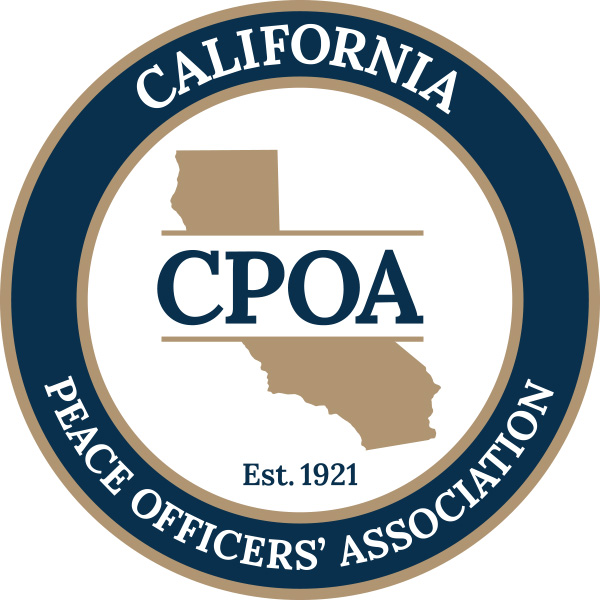By: Shaun Rundle, CPOA Deputy Director.
Although the terrible and unnecessary murder of George Floyd was committed without either the use of a carotid hold nor restraint, Governor Newsom was quick to call for the end such holds. In response, I polled many agencies who participate on our Law & Legislation Committee for their reactions, as legislation was soon to follow to enact the governor’s direction. That bill will be AB 1196, and responses from our member agencies were common in that the majority, but not all, had removed the carotid hold uses from their policies and training. At the federal level, an enormous bill to address several police ‘reforms,’ many of which had already been addressed in California.
On June 8th, Congress introduced the Justice in Policing Act of 2020 in response to not only the George Floyd incident, but others which made headlines across the country. The measure, which was introduced in part by Senator Kamala Harris of California is gathering steam in Washington D.C., with both the Senate and House of Representatives. Here is an overview of what is being proposed.
In California, AB 1196 has not been amended to its carotid language thus far, but it follows a legislative procedure called “gut and amend” (which was used by Asm. Shirley Weber for her use of force reform bill in 2018, AB 931). The current version of AB 1196, which deals with community colleges, has already passed the Assembly and is in the Senate, therefore the bill is close to the governor’s desk. When the amended version is presented, our Law & Legislation Committee will determine the appropriate position for CPOA to take.
When the carotid-related AB 1196 reaches Governor Newsom, CPOA well expects that he will sign it. In the wake of recent protest activity, the governor has also indicated a desire to create a commission to focus on crowd control. There is no doubt that this will include the use of appropriate response tactics, including the use of rubber bullets.
Just as I expected COVID-19 to sideline public safety reforms, since the Legislature and the public has given the law enforcement profession extreme ‘reform fatigue,’ recent events have course-corrected that approach and we expect to be in for another active year of advocacy.


